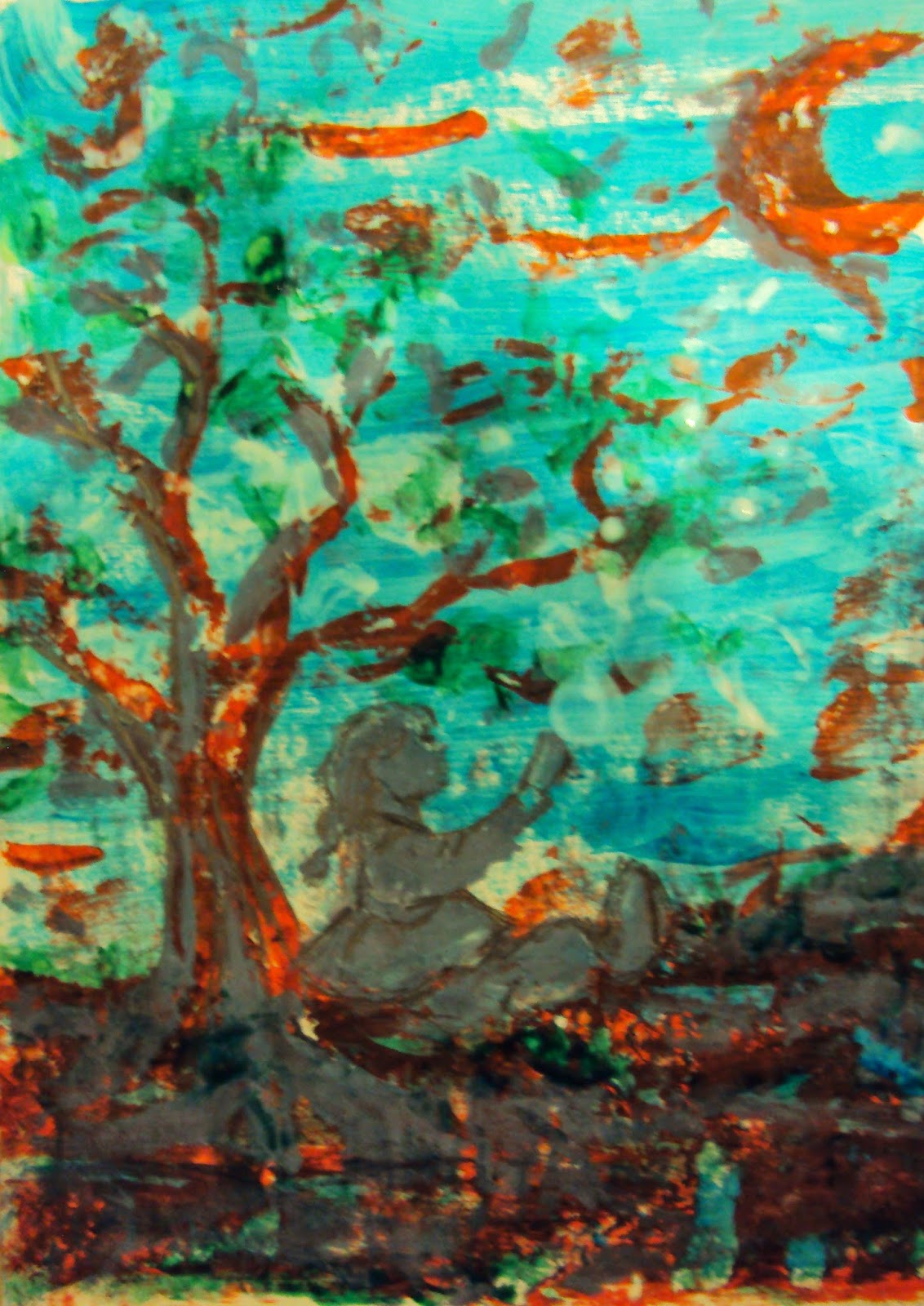So, I decided to treat myself to a movie on Friday, and this is the title that came up. The Big Parade is a silent film from 1925 set during the First World War. It features a young dandy named Jim who throws in and joins the army (much to his mother's chagrin) where he befriends two working class gentlemen: the perpetual tobacco gob chewing Slim, and the tough but hard-luck Bull. After being deployed to France, his unit spends several (weeks? months?) at a small French village where, despite being engaged to someone back home, Jim falls hard for the feisty (and I think absolutely gorgeous) Melisande, played by Renee Adoree:
Isn't she adorkable? I was so sad to hear she died of TB only a couple of years after the filming of this movie.
Their courtship is delightfully slapstick, involving a barrel, bare buttocks, chewing gum, a swift right hook,and many many giggles. You really can't help but smile watching the pair struggle to convey their mutual attraction across the language barrier (something which seems to work especially well in silent film as medium).
Another thing about silent film, which I love, is the fact that because so much work must go into making the visuals communicate the story, you could pretty much take a screencap of any point in the film and frame it and put it up on your wall.
As an experiment, lets do just that:
1) Jim hits on Melisande on the riverbank. Sure, I'd make this into a poster! Their smiles are so lovely.
2) The new recruits are greeted by "Flying Fitz" in this scene. Maybe not posterworthy, but definitely could have a small copy in a frame.

3) . . .And this happened . . .
Well, maybe not.
Anyway, what I really admired about this movie was the abrupt turnaround it made in the second half. This was a turnaround which was wholly uncharacteristic for the time. The movie went from patriotic beginnings, to the cheerful silly warm days in the village in France, to portraying (probably at least somewhat accurately given how close it was in memory in 1925, and based on my own understanding of how the war was tactically--or not tactically-- fought) the absolute Hell WWI put those boys through. And by "those boys" I don't just mean the Americans--the film turns out to be surprisingly sympathetic to all sides fighting (something we could stand to see a little more of in our war films today, I might add).
The phrase "The Big Parade" alters meaning entirely from the beginning of the movie to the end. At the start, there is a jubilant sort of excitement as the "Parade" is a patriotic march to the front and to glory. By the end, we are shown a long trail of medical vehicles hauling the wounded back from the front, and the caption comes up "Another Big Parade."
The field hospital where Jim winds up after taking an arrow to the knee is also portrayed with a sort of chilling accuracy unlike anything we see in renditions of the war today. Flies are everywhere, crawling over our heroes face, and in a bed near Jim, a man is tied down, screaming in the throes of PTSD. There are no pretty, spankable nurses to be seen, and the "hospital" is not really anything like a hospital-- just rows of cots in a gutted out church. Jim himself appears to have been altered by his experiences at the front. Something sour, blank, and haunted has come over his expression and if you were to compare him to the dandy from the start of the movie, you would hardly recognize the same man.
This was a time when few but the writers wanted to talk about the human costs of the war (and even the writers did so in a less than direct manner), but The Big Parade takes it on with directness and humanity, tempered with comedy and a bit of drama. This could easily have been a fluffy romantic film. It could easily have been *enjoyable* as a fluffy romantic film. But it went one step further, and that's what made it a classic worthy of preservation in the National Film Registry.







